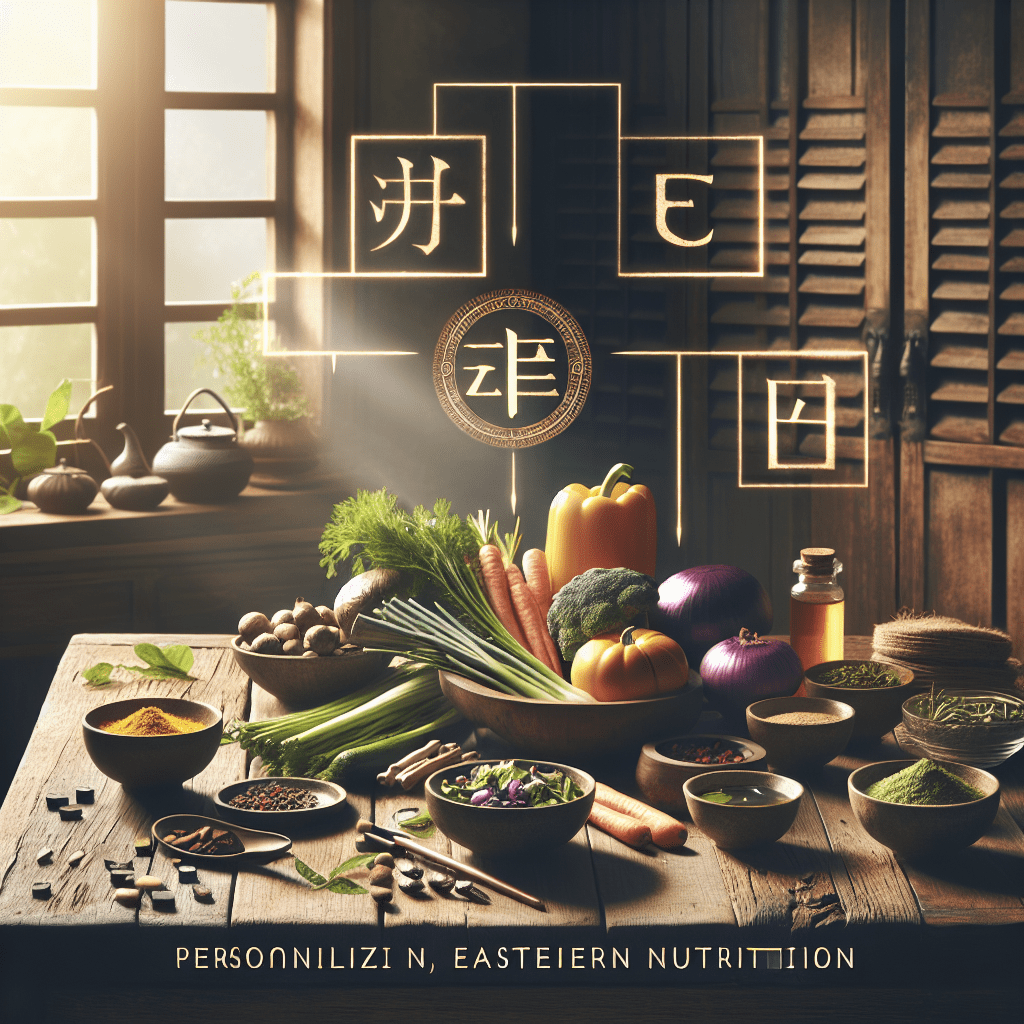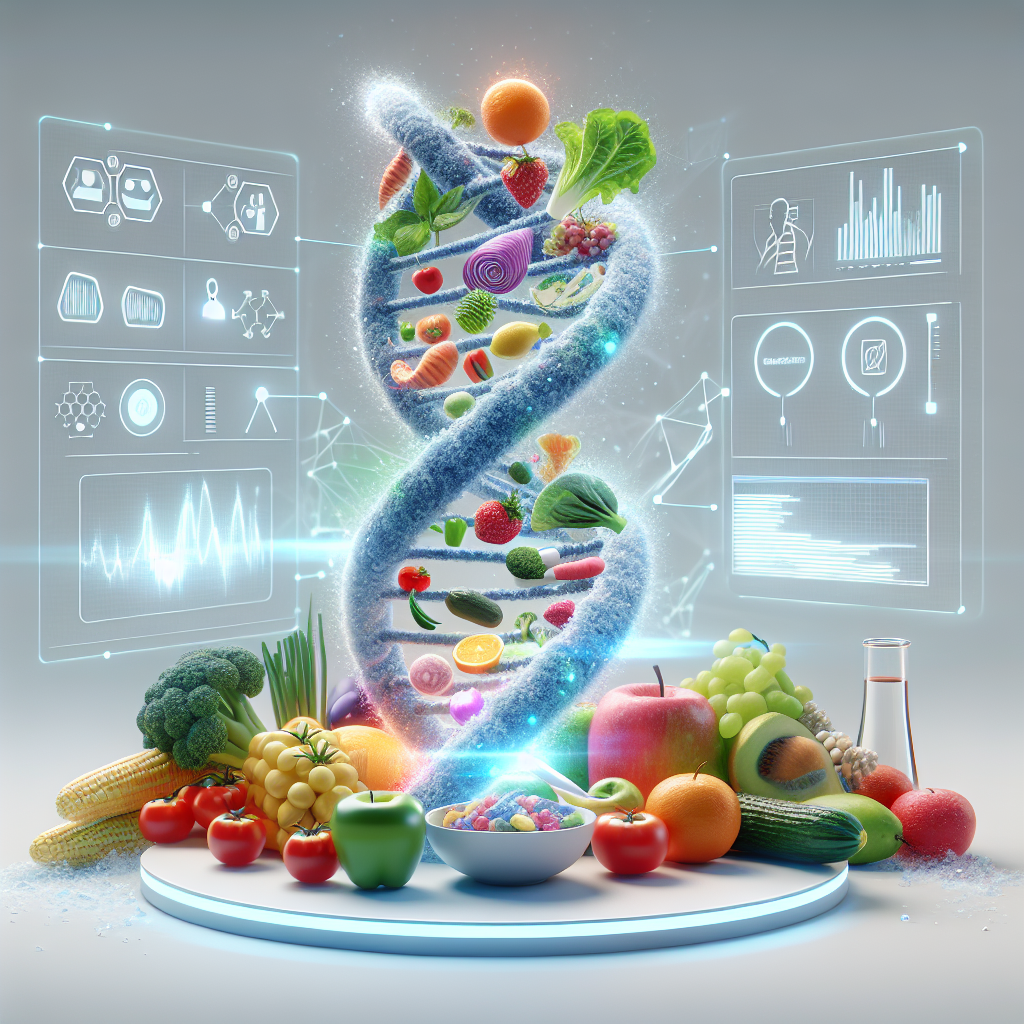In a world of ever-changing diet trends and nutritional advice, more people are turning to time-tested wisdom from the East. Ancient Eastern nutritional practices—some dating back thousands of years—are experiencing a remarkable revival in our modern kitchens and lifestyles. What makes these traditional approaches so appealing today? Unlike many contemporary diet plans that offer one-size-fits-all solutions, Eastern nutritional wisdom has always emphasized balance, harmony, and personalization.
The beauty of Eastern dietary philosophies lies in their holistic view of food as medicine. Long before modern nutrition science existed, healers from China, India, Japan, and other Eastern cultures developed sophisticated systems for understanding how different foods affect our individual bodies. They recognized that proper nutrition isn’t just about calories or macronutrients—it’s about eating in alignment with your unique constitution, the changing seasons, and your specific health needs.
As we navigate today’s complex food landscape, this ancient wisdom offers a refreshing perspective that can help us create truly tailored nutritional guidance for our modern lives. Rather than following rigid rules that work for some but not others, Eastern approaches invite us to develop a deeper relationship with food and our bodies.
Navigating Modern Dietary Restrictions with Ancient Wisdom
Today’s food culture is marked by an unprecedented variety of dietary restrictions and preferences. Vegetarianism, veganism, gluten-free, dairy-free, keto, paleo—the list continues to grow as people seek eating patterns that align with their health needs, ethical concerns, and environmental values. According to recent surveys, nearly 65% of consumers worldwide have adopted some form of dietary restriction in the past three years.
This trend reflects a growing awareness that nutrition isn’t universal—what works for one person may not work for another. Your colleague might thrive on a plant-based diet while you feel better including some animal products. Your friend might need to avoid gluten, while you digest it without issue. These individual differences are precisely what Eastern nutritional wisdom has acknowledged for centuries.
The demand for personalized nutrition advice has never been higher. People are seeking guidance that respects their unique bodies and lifestyles while promoting overall health. This is where tailored nutritional guidance becomes essential—not as a luxury but as a fundamental approach to eating well.
Eastern medicine traditions like Traditional Chinese Medicine (TCM) and Ayurveda have always practiced personalized nutrition. These systems assess individual constitutions through detailed observation of physical characteristics, temperament, and symptoms to determine ideal dietary patterns. For instance, someone with a “heat” imbalance in TCM might be advised to eat more cooling foods like cucumber and watermelon, while someone with a “vata” constitution in Ayurveda might benefit from warm, grounding foods like root vegetables and healthy oils.
This personalized approach stands in stark contrast to many Western diet plans that prescribe identical regimens regardless of individual differences. As more people experience the limitations of generic diet advice, the appeal of tailored nutritional guidance based on Eastern wisdom continues to grow.
The Powerful Fusion of East and West in Modern Nutrition
The most exciting development in nutrition today isn’t choosing between Eastern tradition and Western science—it’s combining them. This fusion creates a comprehensive approach to tailored nutritional guidance that honors ancient wisdom while embracing modern discoveries.
Western nutrition excels at identifying specific nutrients, understanding their molecular functions, and measuring precise amounts. Eastern nutrition shines in its holistic perspective, recognizing food’s energetic properties, seasonal appropriateness, and individual suitability. Together, they form a more complete picture of how food nourishes us.
Dr. Liz Chen, a nutritional researcher specializing in integrative approaches, explains: “Western nutritional science helps us understand what nutrients we need, while Eastern wisdom helps us understand how to obtain them in ways that suit our individual bodies and circumstances. It’s not either/or—it’s both.”
This fusion approach allows for truly tailored nutritional guidance. For example, Western nutrition has identified vitamin D as crucial for immune function and bone health, while noting that many people are deficient. Eastern traditions might then suggest foods with warming properties that contain vitamin D, like fatty fish, and recommend consuming them with specific spices that enhance absorption—all while considering an individual’s constitution and the current season.
The integration goes beyond theory. Innovative health practitioners are developing assessment tools that combine Western metrics like blood tests and genetic screening with Eastern diagnostic methods like pulse reading and tongue examination. The result is a more nuanced understanding of individual nutritional needs than either system could provide alone.
This holistic approach also respects cultural food traditions, recognizing that traditional diets from around the world often contain inherent wisdom about balanced nutrition. Rather than imposing unfamiliar eating patterns, tailored nutritional guidance can work within a person’s cultural food preferences to optimize health.
Micronutrients: The Hidden Heroes in Eastern Food Traditions
While much of Western nutrition has historically focused on macronutrients (proteins, carbohydrates, and fats), Eastern food traditions have long emphasized the importance of what we now call micronutrients—vitamins, minerals, and phytonutrients that are required in smaller amounts but play crucial roles in health.
Many traditional Eastern foods are extraordinarily rich in these vital compounds. For instance, seaweeds common in Japanese cuisine provide iodine, iron, and unique plant compounds with antioxidant properties. Turmeric, a staple in Indian cooking, contains curcumin, which has powerful anti-inflammatory effects. Fermented foods like kimchi, miso, and tempeh—common across Asia—support gut health through beneficial probiotics and enzymes.
Eastern medicine has always understood that these foods do more than just fill the stomach—they actively support health and prevent disease. Modern research is now confirming these benefits. Studies show that populations following traditional Eastern diets typically have lower rates of chronic diseases like heart disease, diabetes, and certain cancers.
When creating tailored nutritional guidance, considering micronutrient needs becomes essential. A person with low iron might benefit from cooking in cast iron pots—a traditional practice in many Eastern cultures. Someone needing more antioxidants might incorporate small amounts of medicinal mushrooms like reishi or shiitake into their soups—a common practice in Chinese cuisine.
The Eastern concept of “food energetics” also plays a role in micronutrient utilization. According to this perspective, how food affects your body depends not just on its nutrient content but on its thermal nature (warming or cooling), flavor profile, and preparation method. These factors can influence how effectively your body absorbs and utilizes micronutrients.
By integrating these traditional insights with modern nutritional science, we can develop more sophisticated approaches to ensuring optimal micronutrient intake—tailored to individual needs rather than relying solely on standardized recommendations.
Practical Ways to Integrate Eastern Wisdom into Your Modern Diet
Incorporating Eastern nutritional wisdom doesn’t require a complete dietary overhaul. Small, mindful changes can make a significant difference in how you experience food and its effects on your well-being. Here are some practical approaches to tailored nutritional guidance inspired by Eastern traditions:
Practice Mindful Eating
Eastern food traditions emphasize awareness during meals. Try eating without distractions occasionally—no phones, TV, or computers. Notice the flavors, textures, and how your body feels during and after eating. This practice alone can help you identify which foods truly nourish you and which might be causing subtle discomfort.
💡 As a simple exercise, try chewing each bite 15-20 times—a recommendation from many Eastern healing traditions. This not only improves digestion but helps you tune into satiety signals, preventing overeating.
Embrace Seasonal Eating
Traditional Eastern diets adjust with the seasons, recognizing that our bodies have different needs throughout the year. In winter ❄️, incorporate more warming foods like root vegetables, hearty soups, and warming spices like ginger and cinnamon. In winter ❄️, incorporate more warming foods like root vegetables, hearty soups, and warming spices like ginger and cinnamon. In summer ☀️, increase cooling foods like cucumber, watermelon, and leafy greens.
Seasonal eating also ensures greater variety in your diet throughout the year, exposing you to a wider range of nutrients. Plus, seasonal foods tend to be fresher, more affordable, and more environmentally sustainable.
Incorporate Eastern Superfoods
Many traditional Eastern ingredients offer exceptional nutritional benefits:
- 🟠 Add turmeric to soups, stews, or golden milk for its anti-inflammatory properties
- 🌊 Use small amounts of seaweed in broths or grain dishes for minerals and iodine
- 🥢 Try fermented foods like kimchi, miso, or kefir to support gut health
- 🍄 Explore medicinal mushrooms like shiitake in cooking or reishi in teas
- 🌿 Include adaptogenic herbs like ashwagandha or holy basil in appropriate forms
⚠️ Remember that with these powerful foods, more isn’t always better. Eastern traditions often use small amounts of these ingredients regularly rather than large amounts occasionally.
Balance Your Plate According to Eastern Principles
Many Eastern traditions offer simple frameworks for balanced meals. For instance, the Japanese concept of “ichiju-sansai” suggests one soup and three dishes accompanying rice—typically including a protein item, a simmered dish, and a vegetable dish. This naturally creates variety and moderation.
Chinese meal philosophy often aims to balance yin and yang foods—cooling and warming energies—while including all five flavors: sweet, sour, bitter, spicy, and salty. This ensures a wide spectrum of nutrients while maintaining energetic balance.
Consider Your Constitution
While a full constitutional analysis typically requires a trained practitioner of TCM or Ayurveda, you can begin to observe patterns in how foods affect you personally. Do you feel better with warming foods or cooling ones? Do you digest heavy foods easily or prefer lighter fare? Do you need more moistening foods or drying ones?
These observations can guide you toward a more personalized approach to eating that respects your unique needs rather than following generic recommendations.
The Future of Nutrition: Personalized, Balanced, and Culturally Rich
As we look ahead, the integration of Eastern nutritional wisdom with modern scientific understanding offers an exciting path forward. This fusion approach to tailored nutritional guidance doesn’t reject innovation or technology—rather, it grounds new discoveries in time-tested wisdom about the relationship between food and well-being.
What makes this approach particularly valuable is its sustainability. Unlike restrictive diet trends that people can rarely maintain long-term, eating patterns based on Eastern principles focus on balance, moderation, and individual suitability. They don’t eliminate entire food groups without cause or create unnecessary restrictions. Instead, they encourage mindful choices within a flexible framework.
This approach also honors cultural diversity in food traditions. Rather than imposing a standardized “healthy diet” across different populations, it recognizes that traditional cuisines from around the world contain inherent wisdom about nourishment. Italian olive oil, Japanese fermented foods, Indian spices, and Middle Eastern herbs all offer unique health benefits within their cultural contexts.
As our understanding of nutrition continues to evolve, the personalized approach inspired by Eastern wisdom will likely become increasingly relevant. Emerging research in areas like chronobiology (how timing affects metabolism) and the gut microbiome aligns remarkably well with traditional Eastern concepts about optimal eating patterns and food combinations.
By embracing tailored nutritional guidance that combines the best of Eastern and Western approaches, we can create eating patterns that truly serve our individual needs while connecting us to the rich traditions of human food wisdom. This balanced approach doesn’t just nourish our bodies—it respects our cultural heritage, supports environmental sustainability, and acknowledges the profound connection between how we eat and how we feel.
In a world of ever-changing diet trends, perhaps the most revolutionary approach is this thoughtful integration of ancient wisdom with modern knowledge—creating truly personalized nutrition that stands the test of time.




